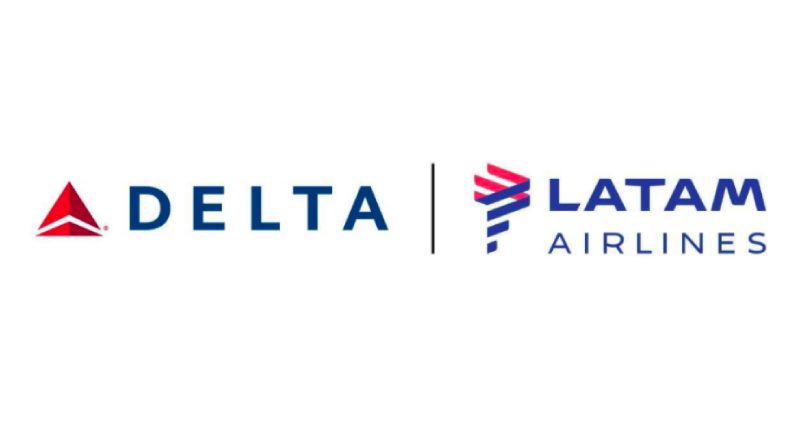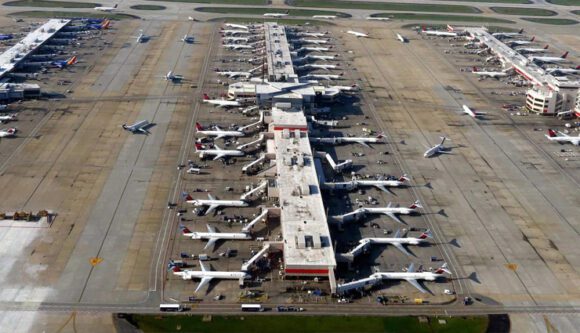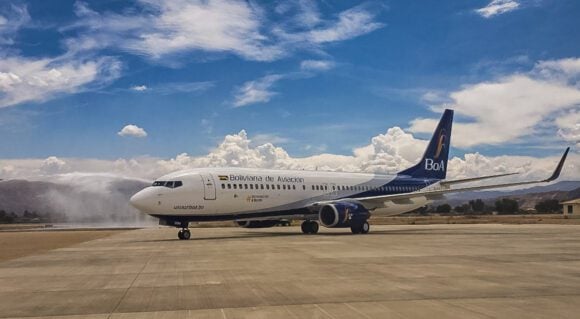
Delta LATAM
Following American Airlines’ wise investment in Chilean ultra-low-cost carrier JetSMART, Delta and LATAM issued a joint response to the US Department of Transportation (DOT) and its request for additional information. Both Delta and LATAM push for antitrust immunity on its Joint Venture Agreement.
Why do Delta and LATAM need antitrust immunity?
The two carriers announced a Joint Venture Agreement (JV) in 2019 prior to the COVID-19 pandemic. Delta now holds an investment worth 20% of LATAM’s stakes. Both operators look to enhance their services on US-South America flights.
Nevertheless, the Department of Transportation in the US hasn’t cleared the Joint Venture (unlike Brazil, Colombia, Peru, and Uruguay’s authorities).
Instead, the DOT requested additional information regarding Delta’s and LATAM’s plans if the JV is not achieved.
Delta said both carriers require antitrust immunity (ATI) “to deliver the substantial additional public benefits that will result from deeper, more comprehensive cooperation that can be realized only through their proposed JV.”
The JV would allow Delta and LATAM to engage in deeply integrated, metal-neutral commercial activities, such as network and scheduled planning, revenue management, pricing, and so on.
Additionally, the JV would stimulate demand and allow quicker recovery from the COVID-19 pandemic.
New routes, frequencies, and more capacity
When demand conditions return to normal, Delta and LATAM expect to:
- Launch at least nine new nonstop US-South America routes
- Add more frequencies or enhanced service (like turning seasonal routes to year-round) on at least nine existing nonstop routes
- Have a 68% overall increase of US-South America capacity on the combined network
- Have over 7,000 online, metal-neutral city-pairs through enhanced connectivity and route options.
The ATI would allow both airlines to operate as a single firm, added LATAM. They could work on coordinated marketing, planning, sales, and operations, “all of which is vital to creating the conditions necessary to increase competition in the US-Canada-South American Region.”
Competing against American Airlines
American Airlines is currently the largest US operator in Latin America. Additionally, it has a strategic partnership with GOL Linhas Aereas in Brazil and last week announced a new investment in Chile’s JetSMART.
American-GOL-JetSMART would be Latin America’s powerhouse, and Delta is trying to counteract it with its own Delta-Aeromexico-LATAM. United Airlines has its own axis with Copa Airlines, Avianca, and possibly Azul.
Nevertheless, American still has the upper hand. LATAM knows that. The airline said,
“On their own, neither carrier is able to mount an effective challenge to American, which offers far more Latin America service through its Miami superhub than any other US or foreign carrier.”
Before the pandemic, American had 170 daily flights to 55 destinations in 18 countries in Latin America from nine airports.
Delta and LATAM argued that this might be the last opportunity for the DOT to create the conditions that will allow enhanced competition in the US-Latin America market.
The bottom line of Delta and LATAM’s push for antitrust immunity
It is unlikely the DOT will not grant Delta and LATAM the ATI. Once both carriers have their JV to full extension, they’ll be able to grow via increasing codeshare agreements in Colombia and Brazil, investing in Miami, and creating a more effective Latin American network competitor to American Airlines.
Despite that, American Airlines may continue with the upper hand with its investment in low-cost operator JetSMART.
With the benefit of hindsight, it is unfortunate Delta ended up with two close allies in Chapter 11, Aeromexico and LATAM, while American opted to collaborate with two growing local powerhouses in GOL and now JetSMART. It will be interesting to follow up these developments.
Views: 2




